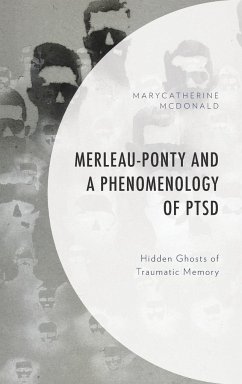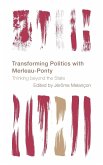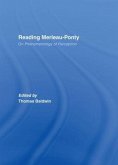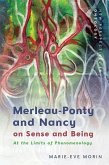Merleau-Ponty and a Phenomenology of PTSD begins from the premise that trauma can be better treated if it is better understood. To that end, this book builds a prismatic account of trauma, encompassing neuroscience, psychology, and phenomenology in order to establish that trauma is an embodied, adaptive response to a world without meaning.
Hinweis: Dieser Artikel kann nur an eine deutsche Lieferadresse ausgeliefert werden.
Hinweis: Dieser Artikel kann nur an eine deutsche Lieferadresse ausgeliefert werden.








